My Thoughts on Ozempic & Weight Loss Drugs
Last week, we talked about whether exercise helps with losing weight, and man–it really struck a chord. I haven’t received that much feedback from you all since the war in Ukraine. On the mantle of personal objectives, I think it denotes an openness to replacing the ideal physique with fitness. The fact that exercise is so much more effective than being “svelte” when it comes to living longer (which is really the end goal for so many of us), gives us permission to jettison the unrealistic aspirations embodied by our “goal jeans.” Actually, I donated my goal jeans (I’d had them since college) and it was one of the most liberating things I’ve done in a long while.
I do wonder, though, what effect these new weight loss drugs will have on what had seemed like a recent and promising shift away from toxic and largely uniform standards of beauty. I’ve heard from more than one “expert” (by that, I mean fitness trainers, beauty influencers, body positivity activists, and even physicians) who’ve expressed concerns over how “body positivity” is losing its cache, now that it’s so “easy” to be thin.
But is it really that “easy”? I spoke with a friend today who told me her doctor was selling Ozempic for $450 per month (without insurance), which, though far less than what is often quoted (roughly $1,000), is simply still not affordable for most people. Moreover, the side effects can be significant: nausea, diarrhea, and stomach pains are the most common, but some physicians have now added something called “stomach paralysis” (which sounds terrifying) to the list of potential unintended consequences. I read an article the other day discussing the loss of significant muscle mass as yet another negative byproduct of these “get thin quick” drugs.
I’m all for those who medically require these drugs in order to regain some measure of control over their diabetes or other metabolic disorder. I’m also empathetic to those who view these drugs as the proverbial silver bullet they’ve been searching for all their lives. Oprah Winfrey, who has unfortunately been forced to struggle with body image in the most public way imaginable, has said about Ozempic et al.: “The fact that there’s a medically approved prescription for managing weight and staying healthier, in my lifetime, feels like relief, like redemption, like a gift.”
I can understand, to my core, Oprah’s need for salvation and thus the hope that these injections provide to her and many others; however, I worry that for those relying on these drugs solely as the answer to all of their food induced anxieties, Ozempic and its peers may actually be more of a Trojan horse than a secret weapon. Not only have studies shown–repeatedly–that most people who take these drugs will have to do so for the rest of their lives, there is less of an opportunity for healthy habit formation, little chance to really understand the value of exercise (apart from weight loss), and, more importantly, no meaningful confrontation between what we’ve been conditioned to want and what we actually want.
It’s not unlike the worrisome loss of creativity that will inevitably attend the prevalence of AI “art.” Those who have no problem with “creating” a beautiful photograph by asking ChatGPT to do it for them will never know whether they could have done something even better on their own. Those who are willing to create their own original work with their own two hands will be disincentivized from doing so, when fewer and fewer people are willing to pay for and recognize their labor. Ultimately, this leads to a dilution and a pernicious homogenization of art, since, at bottom, there will be only one creator of almost all art: the algorithm.
Perhaps I’m getting a bit too Orwellian (it’s been raining non-stop in LA and I fear it’s affecting my mood), but to me, it’s no longer as far-fetched as it once was that our future will be populated by one group of humans who all look the same, in lockstep conformation to a majority-rules decree on “what is beautiful,” bereft of the scars and sinew of struggle; while the other, “less fortunate” group (i.e., those who couldn’t afford access to the Ozempics of the future), will have to toil beneath the onerous yoke of an edict we agreed to before we even knew we could reject it.
I say all this while perched on the high horse of intellectual hypothecation without dipping a single toe in the facts that inform my subjectivity: that I have an eating disorder, that I’ve struggled with not being “thin enough” my entire life, that there is some part of me that would likely sell my soul to be as skinny as my mother, and that every day is like treading water for me–keeping the fangs of my disorder at bay, lest they tear me apart and spit out what’s left of the girl who just wanted a little cake on her birthday.
I say all these things while knowing, with every cell in my body, the desperation of those who live each moment of their lives feeling like they will never really be able to live, because they are, by default, not as worthy of life as those who happen to be smaller.
I say all these things as someone who constantly has to battle a voice that says “You’re not doing enough,” even though she’s been dieting since she was 10 years old, is vegan, has run 6 marathons, and spends each conscious moment walking that impossibly thin line between unhealthy restriction and overeating.
The truth is, friends, that even after everything I said earlier, there’s a good chance that I’ll eventually succumb to the temptation and simply give in to the tide. Take the easy way out, even if it means I’ll be paying Big Pharma, instead of a personal trainer. And standing back–looking at the woman I’ve described above–how could I blame her?
I think that’s why I’m writing this here–hoping that you all will keep me accountable to the “brave new world” I see on the horizon, maybe encourage me to keep fighting, even when it gets so exhausting that I want to disappear.
Maybe some part of this missive will do the same for some of you.
Sign Up Below To Receive The TKV Newsletter In Your Inbox Every Tuesday!
This Week’s Recipe Inspo.
What I’m…
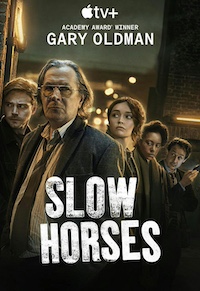
Watching. Slow Horses is thus far our favorite show of 2024! I heard about it from the chief judge of the United States District Court of the Northern District of Illinois (she happens to love good TV as much as I do). If you like British dramas, you must watch this show. If you love espionage thrillers, you must watch this show. And if you love Gary Oldman, for all that is sacred, you must watch this show. Three seasons with only 6 episodes each, they’ll go by WAY too quickly!
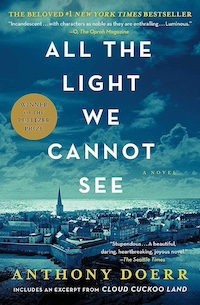
Reading. I finally got around to reading Anthony Doerr’s Pulitzer Prize winning novel, All the Light We Cannot See, and good GOD it doesn’t disappoint!! If anything, it exceeds the hype! Set during WWII, the novel is a historical fiction told through voices the two protagonists–one, a young French girl, another, a young German boy. This book is a tour de force in poesy, rhetoric, and storytelling. I honestly believe that Doerr is the Mozart of literature (of our times), and I cannot recommend this book highly enough!

Excited About. Carleigh Bodrug has been methodically taking over the internet these past two years with her delightful, informative, and beautifully shot videos on “scrappy eating,” so I cannot WAIT to get my hands on her book, Scrappy Cooking. If you have her first book, Plant You, you’ll know that though she’s a HUGE fan of kitchen shortcuts, she also dives DEEP into the world of plant-based cooking, giving you all the tools you need to improve your diet while helping the planet. Scrappy Cooking comes out on April 2, but you’ll want to pre-order it NOW!
Parting Thoughts.
Last fall, I was invited to be a speaker at Hello Sunshine’s Shine Away conference–a summit featuring authors, entrepreneurs, journalists, and other powerhouse women from all walks of life. I went alone. My husband stayed at home with Lulu and I didn’t have any friends who were going. I’m an introvert and therefore, these types of events fill me with dread–who am I going to talk to the whole time? I was also nervous about what to wear. It was a star-studded event, kicked off by none other than the company’s founder, Reese Witherspoon, and I didn’t want to disappoint the organizers by showing up looking like a slob. I must have tried on just about every dress in my wardrobe and, last minute, decided to go with a lacy, white dress with a tiered skirt.
I knew that the dress was probably a little “much” for this type of thing. It was quite long and restricted my mobility, but I loved it. It made me feel pretty and feminine and even young. And it had been a really long time since I’d worn something “just because.” Before I could stew over it and change my mind, I shimmied into the dress and hopped into the car that came to pick me up and drive me to the conference.
When I got there, as I predicted, I had no one to talk to and was thus left to my own devices–literally. I stood in various unobtrusive corners of the courtyard that welcomed guests, scrolling through my phone as if I had something quite important to review. I pretended to scan the crowd for familiar faces, even while knowing I wouldn’t find any. Finally, feeling a little lame in my “pretty” lace dress, I walked over to the line that was forming at the coffee booth, where a couple of ladies were handing out free iced lattes. I didn’t need another coffee, but it was something to do.
I thanked the volunteers who handed me my free iced latte and began making my way backstage, even though I wasn’t scheduled to speak for a few hours, hoping that the beverage made me look a little more purposeful. Just as I was passing the threshold into the warehouse that housed the main stage, I felt a tap on my shoulder. I turned around to see a woman I didn’t recognize. She had a black turtleneck, dark spectacles (the kind favored by smart journalists or English majors), and wine red lips. She bent her head as if about to impart a secret and whispered to me,
“Your dress is beautiful.”
I thanked her, artlessly, and swept my free hand across the ruffled tiers of the skirt as she walked away.
Later that day, I sat on the main stage with three incredibly accomplished women and we talked about the power of storytelling, the disposition of grief, and the courage we can harness from one another.
But as surreal as it all was, and as honored as I felt to be part of this incredible event, I couldn’t help but think that it’d be the nameless lady with the black turtleneck, dark spectacles, and wine red lips who would leave the deepest mark.
Wishing you all the best,
-Joanne


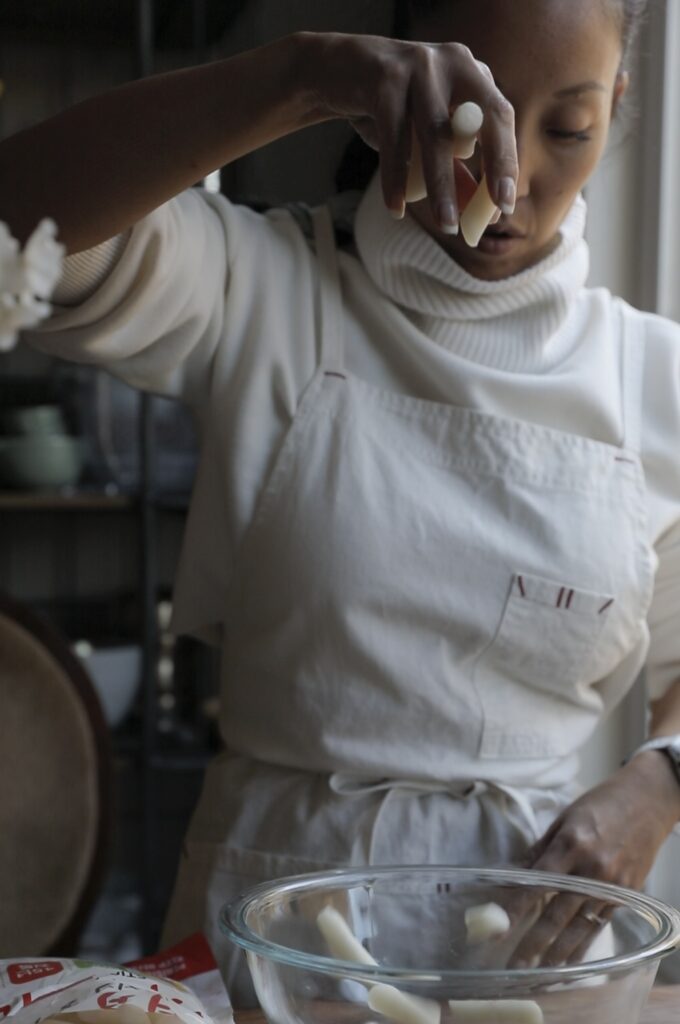
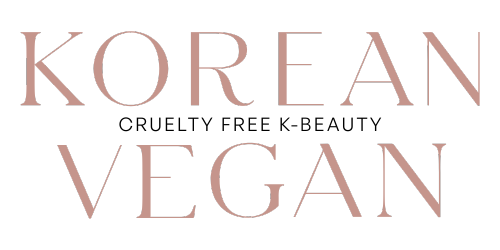

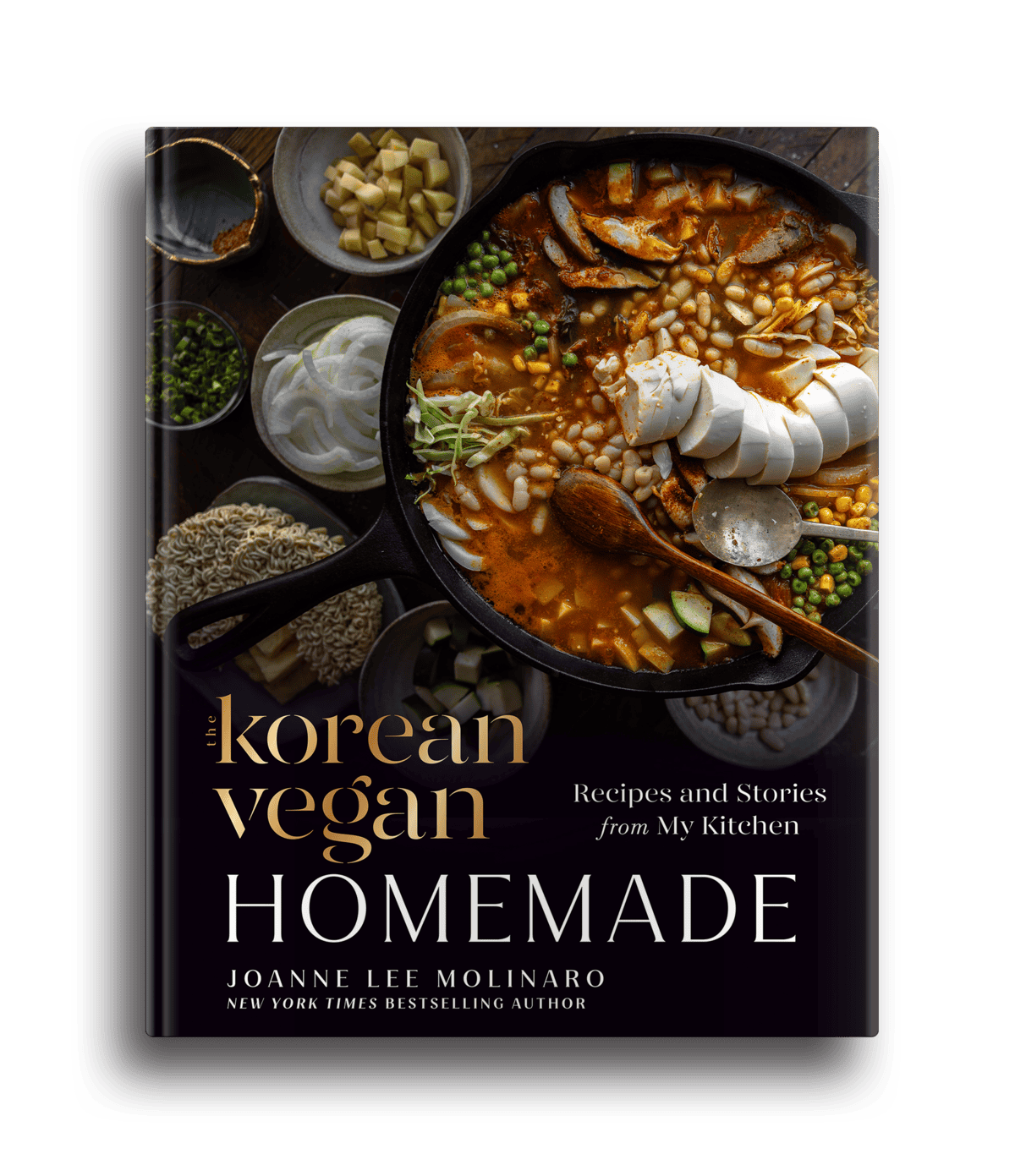
Semaglutides, GIP/GLP-1 receptor agonists, etc., appear to be highly effective drugs that actually help people lower their HbA1c levels – sometimes (but not always) they have significant weight loss effects. Can you tell who is on them for weight loss alone and who is on them to help lower HbA1c? You can’t. Just like the entertainment industry and the diet industry have lied to us about what our bodies should look like, they have also lied to us about what people with diabetes look like and what we should think of them. And why is taking one of these medications considered the “easy way out?” That implies that there is greater virtue in suffering and that no one should need help. Believe me, this discussion occurs in the diabetes community as well, because diet culture is everywhere – and no matter how much genetic predisposition people have for diabetes, everyone still thinks it’s someone’s fault if they have it. The fact that some people are getting these drugs for purely cosmetic reasons is a fact. Put whatever judgment you like on that. However, drugs for breakthrough cancer pain are also being used by people without cancer – and we should still celebrate that they are available for people with cancer. When something is in the world, it is just in the world, with all its consequences. We need to stop judging ourselves and others.
We don’t yet know the long-term effects of Ozempic. I don’t want to experiment with medications that may be shown to have serious effects after a decade of use. Further, no matter that we couch the use in terms of improved health, most people are taking these meds to lose weight to look a certain way — society’s way. Just say no!
Thank you for sharing these thoughts. I remain conflicted about ozempic. As someone who works out religiously, has a perfect bill of health, and maintains a nutritious vegan diet, I always believe my body should look different. But it doesn’t. So where does this desire for perfection end and when will I be satisfied? There is no right answer as every situation is different. Watching a close friend constantly nauseated and appearing depressed while on ozempic made me wonder – is it worth it? Great share, Joanne! Can discuss further at our next dinner chow down 🙂
Beautifully written. It speaks to something I have struggled with always. No matter how hard I work out, and how strong I get, I always have a gut that I just cannot shake. I am vegan, don’t drink and generally have a clean lifestyle. But I do enjoy the food that I eat. It is so tempting to give in and look for the quick fix. But ultimately, I do not have a medical need for it and will not go down that path. I want to focus on getting fit and strong for the sake of being fit and strong. If I have one life to live, I want to do it with joy and if the “penalty” is a gut, so be it. Separately, again for those who do not have a medical need, research has shown that an achievement is so much more rewarding when there has been a struggle to achieve it. So, take delight and comfort in the struggle of the journey and live on your own terms
There are people that have high blood pressure or high cholesterol, and follow all the recommendations of weight, diet and physical activity. They still take drugs to regulate their blood pressure and cholesterol, for some controlling their weight is going to be an issue even when they are trying to eat right and exercise. Or the people that have struggled to do what their doctor has asked them to do, but can’t summon the motivation for whatever reason to get going. I don’t think they should be denied medications that help them lose weight.
Beautiful writing and plenty to think about…